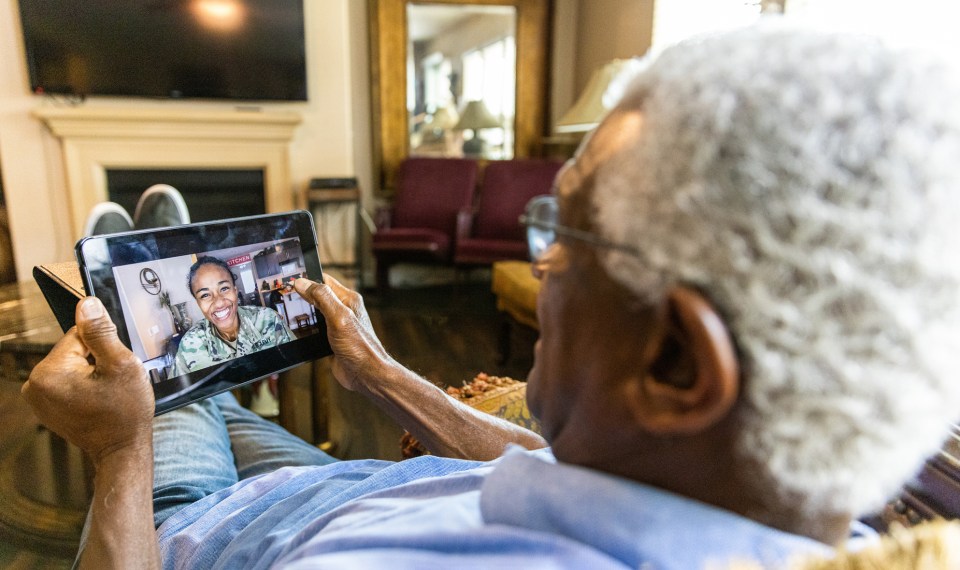After experiencing a life-changing stroke or other illness, your doctor may recommend rehabilitation as the next step in your journey to recovery—but what does that mean, and where should rehabilitation take place? Doing your research and selecting the right inpatient rehabilitation hospital is a critical step for a successful recovery. Consider the questions below to help you make thoughtful and informed decisions throughout the rehabilitation process.
Your doctor said you need rehabilitation. What next?
The American Heart Association/American Stroke Association has issued its first guidelines on adult stroke rehabilitation calling for intensive, multidisciplinary treatment. The consistency of the findings in favor of inpatient rehabilitation referral suggests that stroke survivors who qualify for inpatient rehabilitation hospital services should receive this care in preference to skilled nursing facility-based care.
Unlike skilled nursing facilities, inpatient rehabilitation hospitals are required to provide at least three hours of therapy five days a week and will allow access to trained physicians and rehabilitation equipment and technology that may not be available elsewhere.
What can I gain from an inpatient rehabilitation hospital that I may not get from a skilled nursing facility?
- An increase in functional independence
- Enhanced confidence and quality of life
- Increased chances of a safe return to home and work
- Reduced risk of a transfer back to an acute care hospital or discharge to a skilled nursing facilities
I want to continue my recovery at an inpatient rehabilitation hospital. What should I ask my doctor when choosing one?
After deciding to pursue inpatient rehabilitation, you will likely meet with liaisons who represent perspective hospitals. Be thoughtful in choosing where to go by asking these representatives the following questions.
Will a rehabilitation doctor see me and how often will I be seen?
Make sure that a doctor will visit at least three times a week and that a combination of primary care and rehabilitation doctors will see you six to seven times a week.
Are the nurses certified in rehabilitation (CRRN) and Advanced Cardiac Life Support (ACLS)?
According to the Association of Rehabilitation Nurses, attaining a CRRN certification validates your professional standing as an experienced rehabilitation nurse with a documented level of knowledge in this area of practice. An ACLS certification will ensure that your nurses are trained to handle cardiovascular, respiratory and other emergencies.
What is the therapy gym like and what technologies and equipment do you have to address my condition?
Inpatient rehabilitation hospitals should have top of the line therapy gyms and technologies to help with the complex needs of each patient.
Will I be assigned a case manager to help deal with my needs, including equipment and discharge plans?
Make sure the hospital has all necessary team members on site. This includes a physician, speech therapist, physical therapist, occupational therapist, dietitian, counselor, specialized rehabilitation nurses, respiratory therapists, case managers and medical consultants who will see caretakers if needed. Inpatient rehabilitation takes a large interdisciplinary team to do it correctly and effectively.
The content of this site is for informational purposes only and should not be taken as professional medical advice. Always seek the advice of your physician or other qualified healthcare provider with any questions you may have regarding any medical conditions or treatments.




